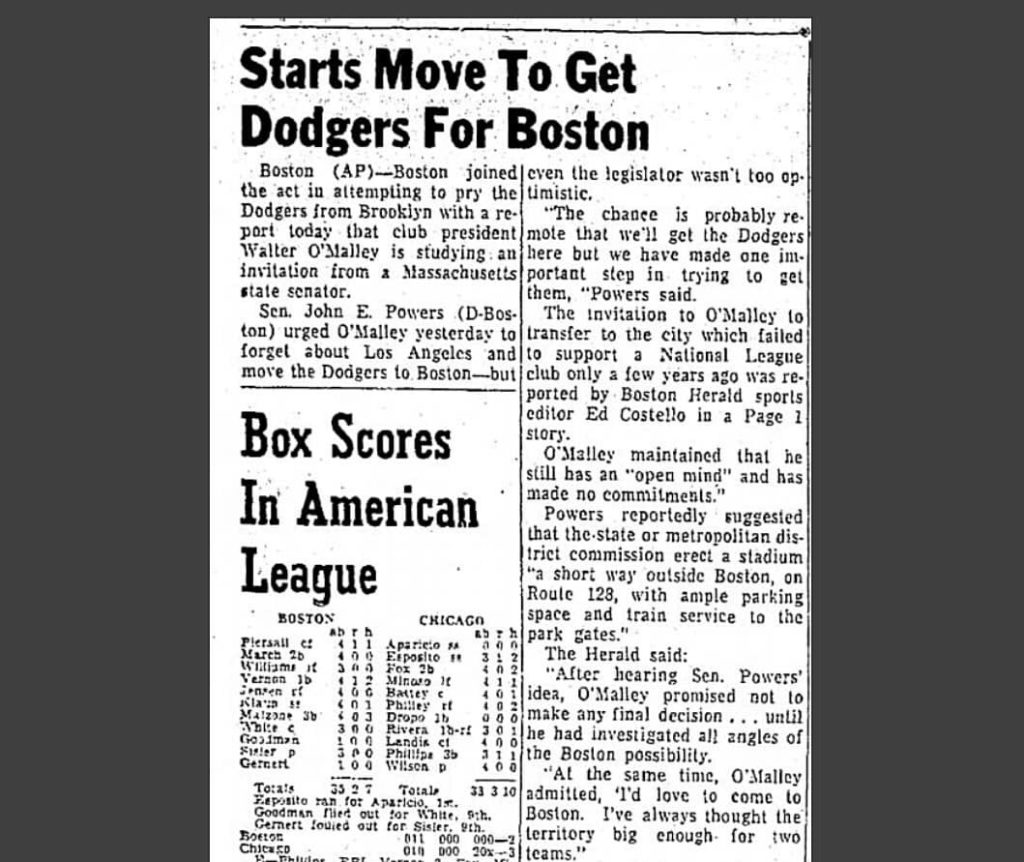Red Sox closer Matt Barnes has been a workhorse out of the bullpen this season.
Are games in April and May just as important as games in September? Not really. And here’s an explanation why . . . which you’ve probably never thought of.
BY ART MARTONE
It’s quiz time. Here’s the scenario:
The Red Sox and Orioles are playing tonight. The Sox fail to score in the top of the first. Garrett Richards takes the mound and walks the leadoff batter, Cedric Mullins. Richards then fans Austin Hays, but Trey Mancini follows with a single to right-center, sending Mullins to third. First and third, one out, cleanup hitter Maikel Franco coming up.
The question:
Do you bring in Matt Barnes?
No?
Why not?
Does a run in the first not count as much as a run in the ninth?? If Mullins scores and the Red Sox lose by one, wouldn’t it be true they lost the game right here?? Aren’t you trying to win?? Well???
Before you say anything, don’t bother; I know how ridiculous and fatuous that is. So does any baseball fan with two brain cells firing. It’s the first inning. The Red Sox have eight chances (nine, had it been a home game) to make up whatever runs they allow. You don’t empty the tank when most (or even part) of the journey is still ahead of you.
I think of this whenever the “Games in April and May are just as important as games in September” crowd starts cranking up. Which generally happens when their favorite team loses a couple early in the year, or has the audacity to sit a regular or stay away from a certain pitcher in the interest of giving them some rest.
There was a subset of this crew calling for Barnes to close out Thursday’s mind-numbing slopfest against Detroit. I know it was a maddening afternoon, and losing two out of three (at home) to the pitiful Tigers would have been disgraceful. And who wouldn’t want to relive the little slice of heaven Barnes had delivered just the night before:
But . . .
Barnes had just pitched two days in a row, and three of the last four. Thursday was the Sox’ 32nd game, and he’d already appeared in 16 of them. Exactly half. His workload has to ease a little, lest his arm turn into a piece of linguine.
Oh yeah? comes the reply. Losing a series to Detroit would be a disaster!! Aren’t you trying to win?? Does a game in April or May not count as much as a game in September??
Sigh.
And, yes, I also understand the bringing-in-Barnes-on-Thursday business is something of a straw man argument. A few calls for Barnes on Twitter don’t constitute a majority, or even a solid minority, opinion. But there are quite a few in the “Games in April and May are just as important as games in September” camp, and using Barnes — again — on Thursday is the natural (if extreme) outgrowth of that.
So look at it this way.
Think of a baseball season as one giant game. A season lasts 162 games; a game lasts nine innings. Divide 162 by 9 and you get 18. In this scenario, 18 games constitute one full inning. Nine games constitute a half-inning.
The Red Sox have played 33 so far, putting their season/game in the bottom of the second. They’re in first place by 2 1/2 games, which means . . . what? They’re ahead 1-0? They’re threatening to score? I don’t know, but it ain’t balls-to-the-wall time.
And when you stop and think about it, it couldn’t be more clear. Say the Red Sox lose the second game of the series in Baltimore Saturday night, which is Game 34 of the 2021 season. They’ll have 128 more to play. They go back to Camden Yards on September 28-29-30. Say they lose the second game of that series, which will be Game 159 of the 2021 season. They’ll have four more to play; 124 fewer chances to make it up. It’s the difference between batting in the bottom of the second inning, and batting in the bottom of the ninth.
It’s not that games now don’t mean anything, because that’s just as obviously ridiculous and fatuous. Everything counts.
But we’re in the bottom of the second inning. No need to be emptying the tank.
Every so often, something pops up that just totally astounds you. I’ve been a consumptive baseball fan since 1964 — this is my 58th season — and here’s something that I’d never seen, or heard of:

(I spotted this in a Facebook group called Vintage Baseball Photos.)
Through the wonders of baseball-reference.com (and the Red Sox-White Sox box score on the left of the picture), we know this story was printed on Friday, June 7, 1957. The Dodgers would announce their move from Brooklyn to Los Angeles almost exactly four months later, on October 8.
The Boston Dodgers?
Really?
Well, no, not really. There’s zero chance — less than zero — this was ever going to happen. By June 7, 1957, the Dodgers were all but signed, sealed and delivered to L.A. Walter O’Malley was in the process of convincing Giants owner Horace Stoneham to follow him to California (Stoneham had been planning to move his New York Giants to Minneapolis until O’Malley urged him to relocate to San Francisco, which would transport the Dodgers-Giants rivalry to the West Coast). The notion O’Malley would give up the riches of the Los Angeles market to become the second team in Boston is absurd. (Then there would have been the matter of actually getting a new stadium built here. Ask Robert Kraft about that.)
But Walter O’Malley didn’t become a millionaire by insulting politicians; you never know when you might need one. So he played along, however distantly, with Powers, who — apparently — was grandstanding for Boston Braves fans still bitter about their team scooting to Milwaukee in 1953.
Still. The Boston Dodgers. Would have been interesting.
And speaking of things you’ve never seen before . . .
Yes, it’s the Yankees. But give the devil his due. Scoring from first base on an infield single? It’s like my friend Jayson Stark always says:
Baseball!
Art Martone wrote a Red Sox-based Internet baseball column for projo.com, for which he was named Best Sports Columnist by Boston Magazine in 1998. He also wrote about baseball for the Providence Journal and has had Red Sox material published in several baseball-only publications. He worked at the Journal from 1974 to 2009 and was Sports Editor from 2000 until leaving in 2009 to become Managing Editor of NBC Sports Boston’s Web site. He remained there until his retirement in 2019.














